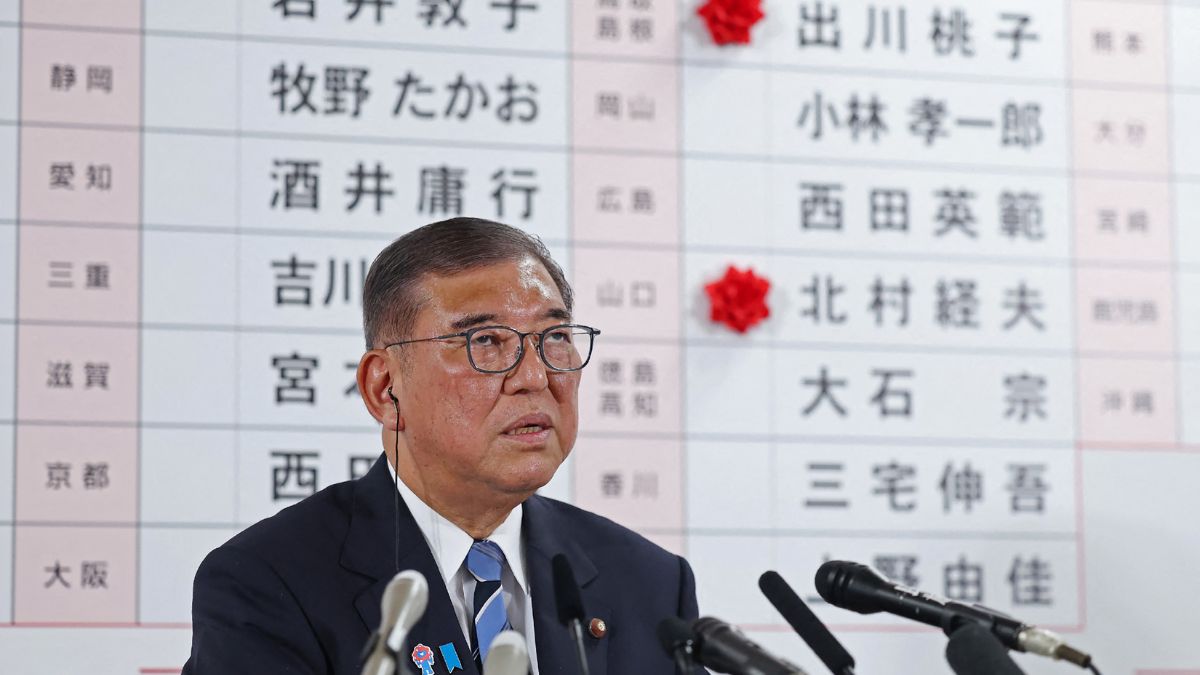Japan’s ruling coalition is poised to lose its majority in the upper house, exit polls showed on Sunday, dealing a fresh blow to Prime Minister Shigeru Ishiba’s already weakened leadership.
Ishiba’s Liberal Democratic Party (LDP) and its junior coalition partner Komeito were projected to win around 41 of the 125 seats contested in the upper house election, falling short of the 50 required to maintain a majority, according to projections by Nippon TV and TBS.
National broadcaster NHK projected the LDP could secure between 27 and 41 seats, with Komeito likely to win five to 12, suggesting that holding onto their majority would be “difficult”.
The setback follows a poor showing in October’s lower house elections, when Ishiba, who had just taken office and called a snap vote, saw his coalition lose its majority and was forced to govern as a minority.
Meanwhile, the right-wing populist party Sanseito was projected to make significant gains, winning between 10 and 22 seats, up from the two it currently holds in the 248-member upper house.
Ishiba, 68, known for his policy expertise and low-key style, did not comment on his political future as the projections came in on Sunday night.
“It’s a difficult situation, and we have to take it very humbly and seriously,” Ishiba told broadcaster NHK. Asked about his future, he said only that he “cannot speak lightly of it”.
Impact Shorts
More Shorts“We can’t do anything until we see the final results, but we want to be very aware of our responsibility,” Ishiba added.
"Ishiba may be replaced by someone else, but it’s not clear who will be the successor," Hidehiro Yamamoto, politics and sociology professor at the University of Tsukuba, told AFP.
Ishiba’s centre-right LDP has governed Japan almost continuously since 1955, albeit with frequent changes of leader.
Ishiba took over in September on his fifth attempt and immediately called elections.
But this backfired and the vote left the LDP and its small coalition partner Komeito needing support from opposition parties, stymying its legislative agenda.
With inputs from agencies


)

)
)
)
)
)
)
)
)



